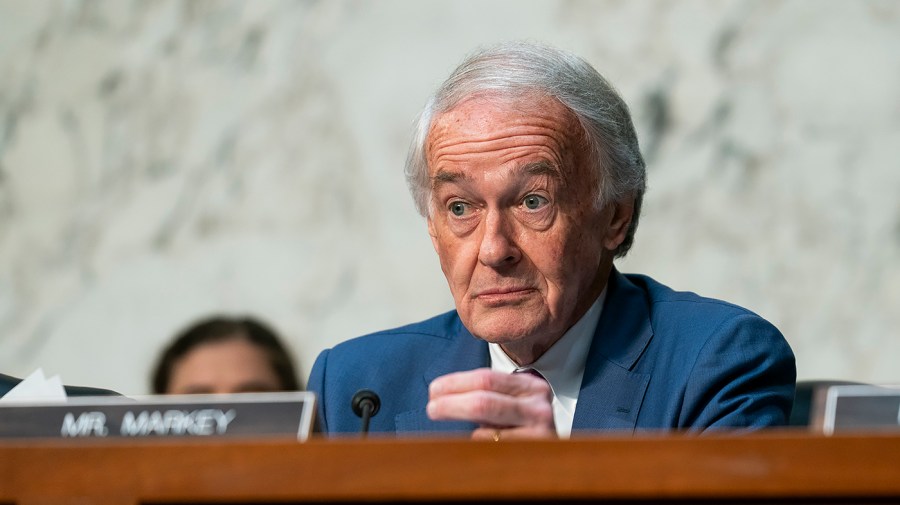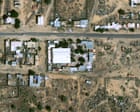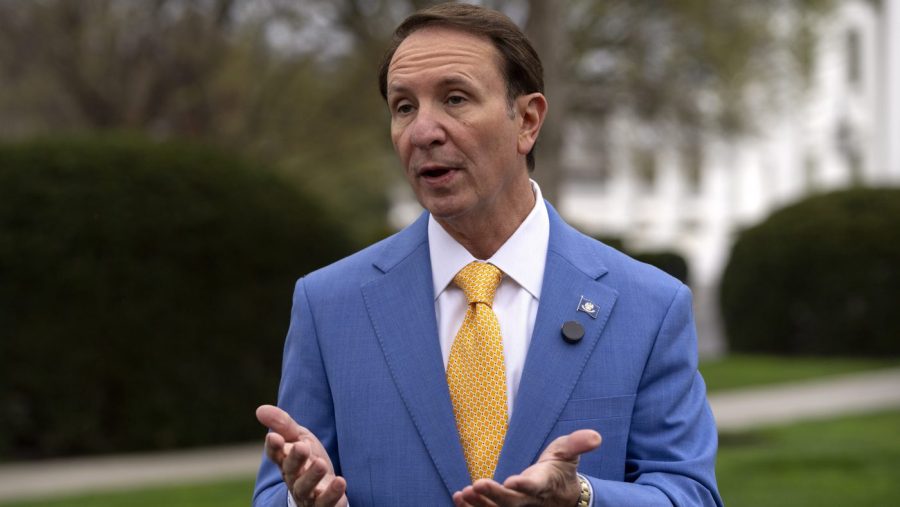Democratic Sen. Ed Markey (Mass.) called on the Trump administration to discuss nuclear disarmament with Russia on Monday, arguing it is “our only real path to escape nuclear catastrophe.”
Citing the recent film “A House of Dynamite,” which details the government’s reaction to an impending nuclear attack, Markey argues that “long-range missile defense will not protect us” in an MSNBC op-ed.
“The U.S. has spent hundreds of billions of dollars chasing long-range missile defense systems. Not one has delivered dependable protection,” he added. “The bloated contracts persist, the well-connected lobbyists benefit and the public clings to hope.
“But the underlying logic is flawed: Long-range defenses don’t work, and they make it harder to reduce the nuclear threats we face.”
The Hill has reached out to the White House for comment on Markey’s op-ed.
In February 2026, the New Strategic Arms Reduction Treaty, commonly abbreviated as New START, between the U.S. and Russia will expire. The treaty, which took effect in 2011, placed limits on both countries’ stockpiles of intercontinental ballistic missiles, nuclear warheads and other offensive weapons.
Earlier this month, Markey and 20 other members of Congress sent a letter to Secretary of State Marco Rubio, asking for the Trump administration to “actively engage” with Russia on a new arms-reduction treaty.
Russian President Vladimir Putin said last month he is willing to adhere to the treaty’s limits until February 2027 if the U.S. does the same. President Trump told reporters earlier this month that Putin’s proposal “sounds like a good idea to me.”
The lawmakers — 20 Democrats and one Republican, the libertarian-leaning Sen. Rand Paul (Ky.) — said in their letter to Rubio that while the U.S. adhering to the one-year informal extension “is the strongest interim approach,” it should also negotiate a New START replacement with Russia.
As of March, the U.S. and Russia possess roughly 87 percent of the world’s total nuclear weapons inventory and 83 percent of warheads available for military use, according to the Federation of American Scientists.
The U.S. has more than 5,100 warheads, 3,700 of which are in reserve or deployed. Russia, meanwhile, has more than 5,400 warheads, more than 4,300 of which are in reserve or deployed, the organization said.
The Associated Press contributed.














